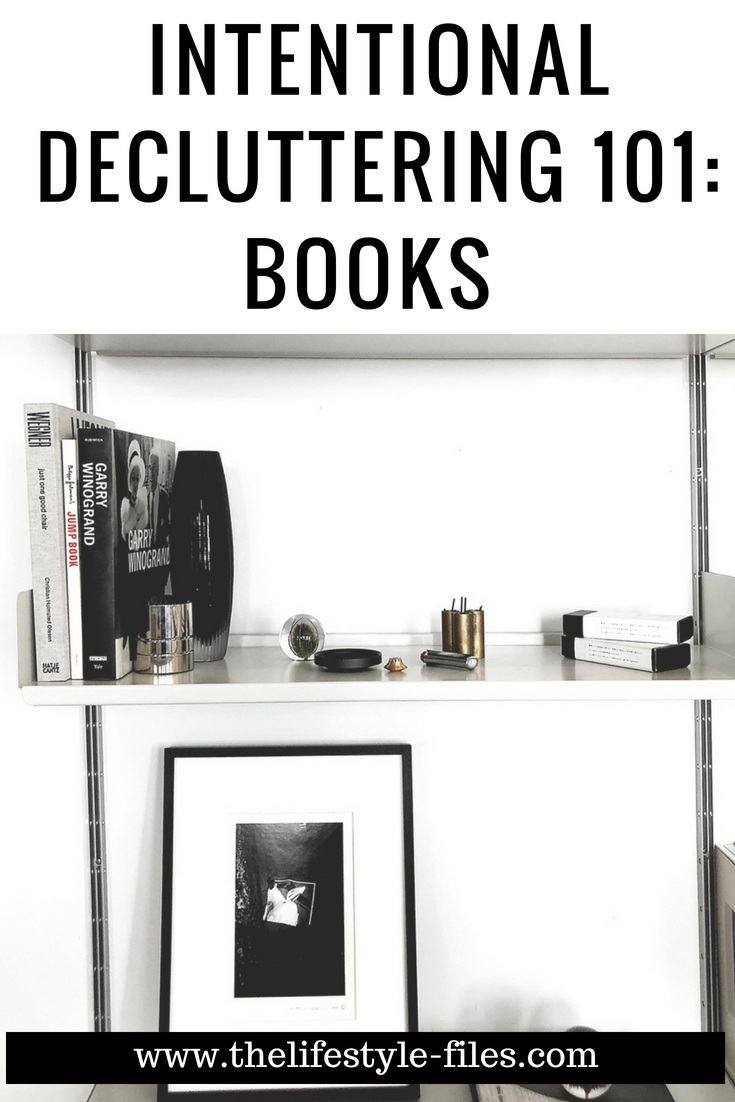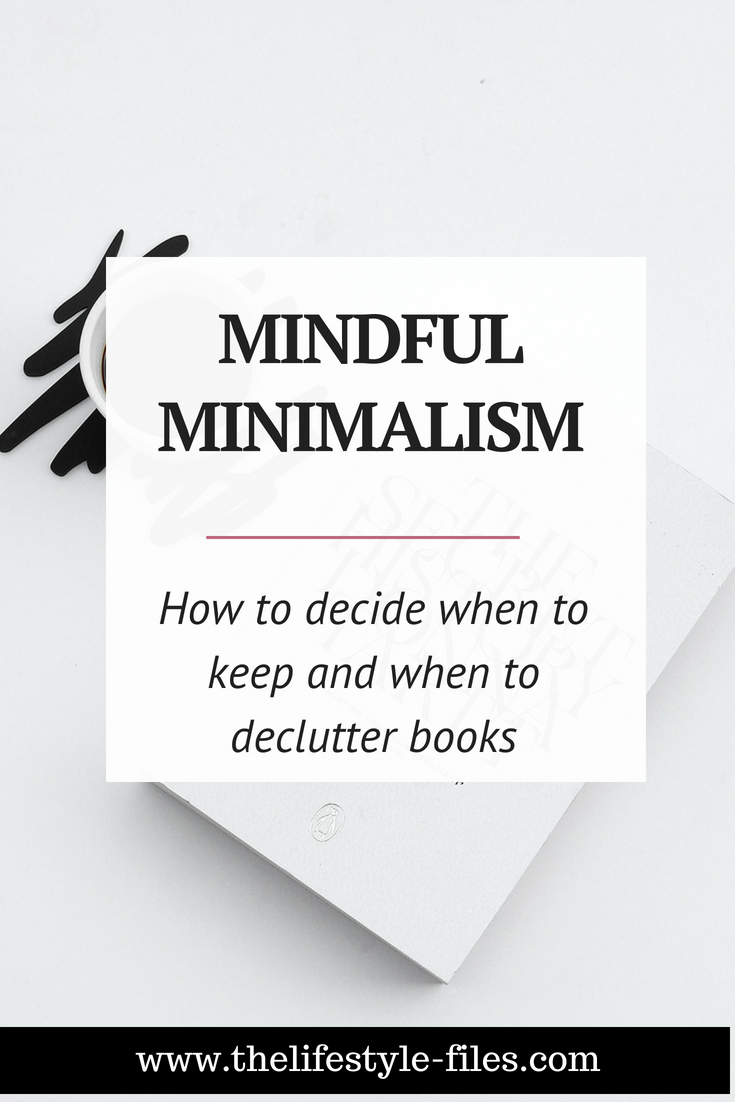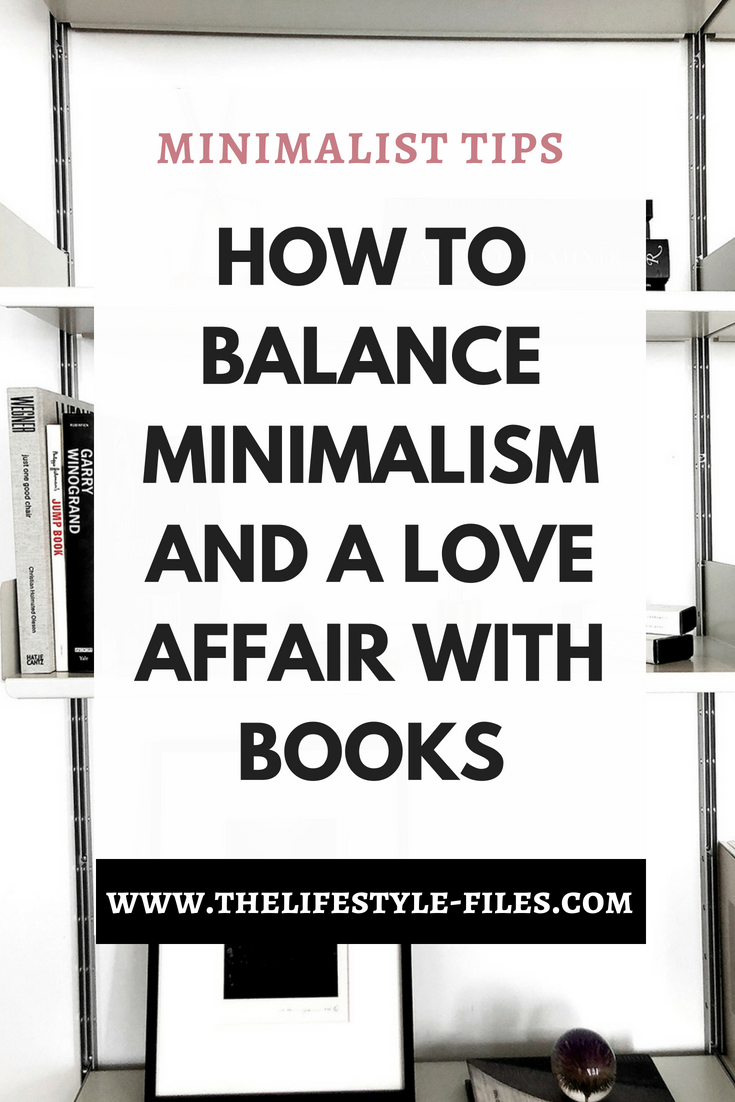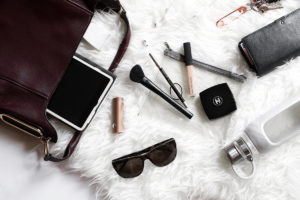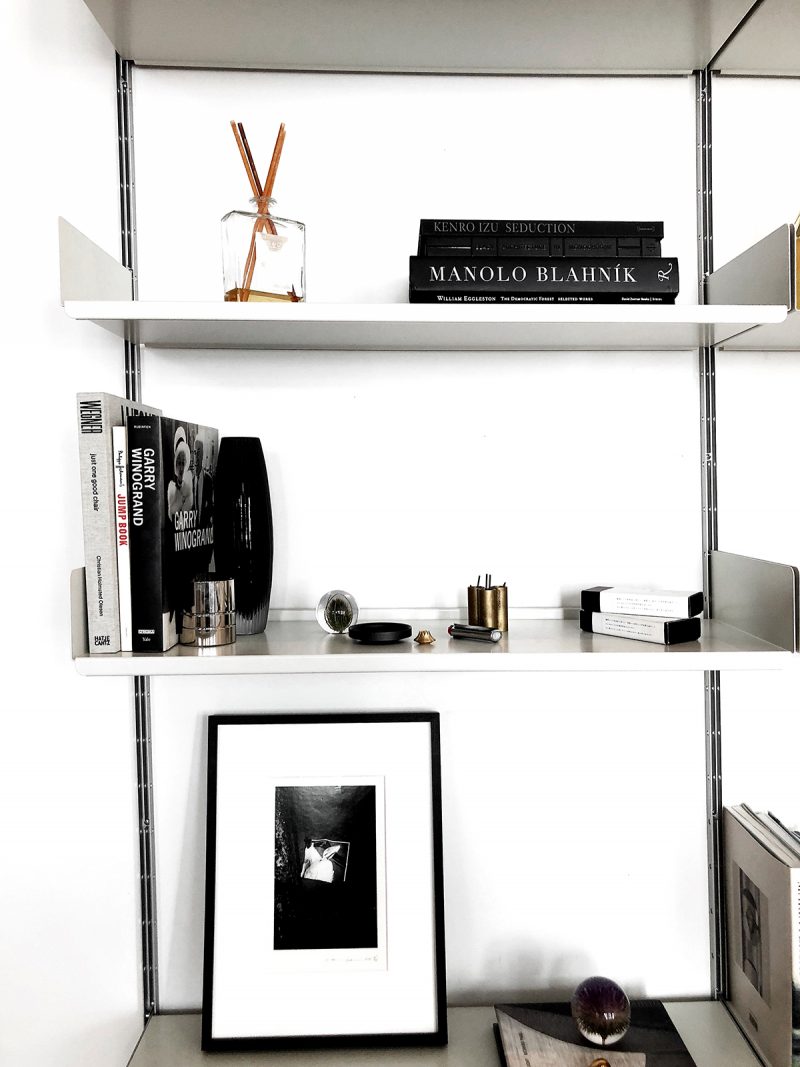 For a long time, whenever I came across blog posts with advice on how to declutter your book collection or articles urging everyone to say goodbye to the antiquated tradition of buying physical books and embrace the wonderful world of e-books and being paperless, I was quite antagonistic.
For a long time, whenever I came across blog posts with advice on how to declutter your book collection or articles urging everyone to say goodbye to the antiquated tradition of buying physical books and embrace the wonderful world of e-books and being paperless, I was quite antagonistic.
Like, how can you even categorize books as clutter?
How can you discard the culture of written or print books and throw them away at the altar of technology?
It was an emotional reaction, for sure, one I’ve been able to reassess and tame a little lately.
And don’t get me wrong. I’m a big fan of only keeping things that are valuable in our life. I don’t think we should keep stuff just for the sake of keeping it – they do take up space, both physical and mental.
I’m also a big fan of e-books and my Kindle always has a place in my bag.
Related: 50 books a year challenge: 6 months update
But that doesn’t mean I’m prepared to go completely paperless and say goodbye to physical books just yet – or ever, for that matter.
There are two main reasons for this:
- Emotional
I grew up surrounded by books. Thousands of books actually. They are just as integral part of a home for me as a kitchen or a bed. I can also be very sentimental about books – holding them in my hands, seeing the cover, turning the pages, imagining their previous life with other owners – reading something in pixels on a screen is just not the same.
- Practical
The practical reasons are very simple. By rough estimates I spend 6-8 hours in front of a computer most days, sometimes less, often more. It’s tiring and I’m quite confident it doesn’t do any good for our health (posture, circulation, eyes etc). And while I cannot really reduce my work-related computer time, I can choose whether I keep staring at a tiny device in my spare time. Especially in the evenings.
Increased computer use can majorly disrupt our sleeping habits, as the blue light delays the release of melatonin. Computer use also stimulates the brain too much so that it cannot go into resting mode. No wonder, smart people always tell us to leave electronics out of the bedroom. Therefore, I much prefer reading a proper physical book after a long workday.
How I balance minimalism and a book obsession
Only keep the 4 Rs
If I had to single out one book-related area where I became a lot more intentional and therefore minimalistic, it’s my personal library. I used to keep literally all of my books – voluntarily throwing out one of them was an unimaginable act, bordering on being a cultural crime.
I still love keeping books and probably will never give up my dream of having a separate library room in one of my future homes, but I became stricter and more intentional about what I would fill that library up with. Now I only keep the 4 Rs:
+ Reread
When I was a kid I used to think that rereading books was a waste of time. After all, there are billions of more books we’ll never have the time to read, why spend that valuable time on reading something I’m already familiar with?
That reasoning has changed when I graduated from storyline-centric kid books to proper literature. I met characters I’d like to keep in my life, stories that give me comfort or thrill again and again, books that need to be reread in order to peel back the many, many layers, and words that are worth revisiting and thinking about.
+ Recommend
There is some overlapping between this category and the reread group, but not totally. I love sharing my favorite books with my friends and family, so I tend to keep the ones I think others would enjoy as well. Sometimes it’s permanent, but sometimes I only keep them until it made the rounds and then I either give it to someone permanently or donate.
+ Reference
Sure, everything can be googled, but I like keeping the books with a very special focus, innovative ideas, useful information, or tips and tricks it’s worth coming back to in order to refresh my knowledge.
+ Rare
I guess this mostly applies to people who appreciate and collect rare books. It’s not something I usually do, but there are some books that either has a special value (objective or personal) or are very hard to track down (it happens) – those definitely have a place in my library.
Everything that falls outside of the 4Rs, I don’t keep anymore. Books that didn’t resonate with me that much or the ones I enjoyed but realistically will never reread (typically the books I categorize as vacation reads – thrillers or easy reads where the story itself and what happens holds the main value) must go.
Rediscover the library
When I was a university student, I loved going to the library. One reason for this was, of course, financial – I had a lot less money to spend on my reading hobby. But aside this saving advantage, the library was a magical place in itself. I’m not sure why I stopped this habit; I guess comfort and laziness played a big part in this. And while I’m still OK with actually spending money on books and supporting artists, I think this habit needs to be resumed.
Organize a book swap
Getting together with friends and organizing a book swap is a fun, frugal, and intentional way of decluttering your library and welcoming new additions. You don’t need to welcome new books in your life either – it can be a one-way street. For months now, I’ve been going through and selecting some books that I don’t want to bring with myself when I move. When the time comes, I’ll share them with friends and they can take whichever they want. The rest will be probably be donated.
Read what I have
As I said previously, I’m quite weak when it comes to resisting the temptation of constantly buying new books. I’m a repeat Tsondoku offender. If you’re not familiar with this Japanese term, it loosely means buying new books constantly and letting them pile up without actually reading them.
Guilty as charged.
At least I’m aware of this personal weakness and that’s always the first step towards actually managing the issue. I set up a monthly book budget, I often try to avoid trouble by deleting the Amazon Kindle Deals emails on the spot, and make sure that at least half of what I’m reading that month is books I already own.
Are you in the minimalist, e-books camp or do you prefer physical books?

